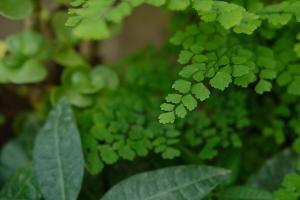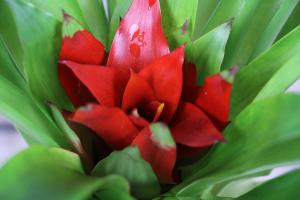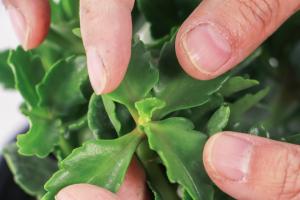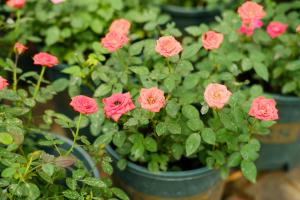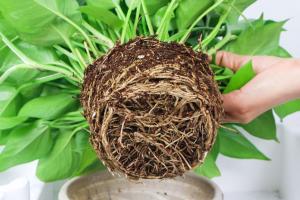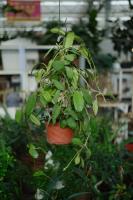When to Plant Fruit Trees in Pennsylvania
Planting fruit trees in Pennsylvania can be a rewarding experience for any gardener or orchard owner. However, timing is crucial when it comes to planting fruit trees. Here are some tips on when to plant fruit trees in Pennsylvania.
Timing
The ideal time to plant fruit trees in Pennsylvania is during the cooler months of the year when the trees are dormant. This means planting between late fall and early spring, typically from November to April.
Most fruit trees in Pennsylvania, like apple, peach, and pear trees, are deciduous, meaning they lose their leaves and go dormant during the winter months. This dormant period makes it the perfect time to plant fruit trees as it allows the trees to establish their roots and preserve energy for the upcoming growing season.
Site Selection
Choosing the right site for planting your fruit trees is also important. Fruit trees need plenty of sunlight and well-drained soil to thrive. Ideally, you should select a spot that gets full sun for at least six hours a day and has good drainage.
Avoid planting in low-lying areas that are prone to flooding, as this can severely damage the trees. It's also important to check the pH level of your soil before planting as fruit trees prefer a slightly acidic soil with a pH range of 6.0 to 6.5.
Preparation
Before planting your fruit trees, it's important to prepare the site properly. Begin by removing any grass, weeds or debris from the area. You can also amend the soil by adding compost or other organic matter to improve its structure and fertility.
Remember to dig a hole that's deep enough to allow the roots to grow freely and wide enough to accommodate the root ball. It's also a good idea to add some bone meal or superphosphate to the hole to give your trees a good start.
Care
Once your fruit trees are planted, it's important to take good care of them. Water your trees regularly, especially during the first growing season to help them establish their roots. Avoid applying fertilizer in the first year as this can damage the young trees.
Pruning is also important for fruit trees as it helps to promote healthy growth, improve air circulation, and reduce the risk of diseases. Prune your fruit trees during their dormant period, typically during the late winter months.
In Conclusion
Planting fruit trees in Pennsylvania can be a rewarding experience, but timing is crucial. Fall, winter, and early spring are the best times to plant fruit trees when they are dormant. Remember to choose the right site, prepare the soil properly, and take good care of your trees once they are planted. With proper care, you can enjoy delicious, homegrown fruit for many years to come.

 how many times do yo...
how many times do yo... how many planted tre...
how many planted tre... how many pine trees ...
how many pine trees ... how many pecan trees...
how many pecan trees... how many plants comp...
how many plants comp... how many plants can ...
how many plants can ... how many plants and ...
how many plants and ... how many pepper plan...
how many pepper plan...